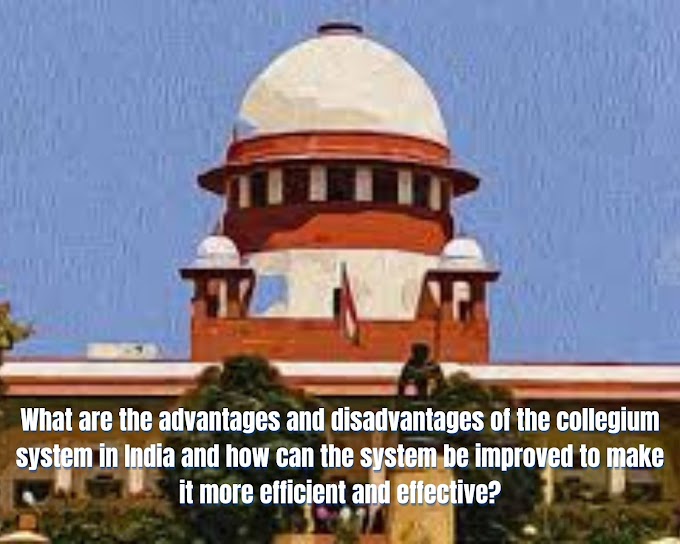Exploring the Complexities of Regionalism in India: Effects on National Unity and Integrity
Regionalism in India refers to the phenomenon of sub-national identities and loyalties that exist within the country. These identities are based on factors such as language, culture, ethnicity, and geography. Regionalism in India has a long history, dating back to the pre-colonial period, but it has become increasingly prominent in recent years.
One of the main drivers of regionalism in India is linguistic identity. India is a diverse country with many different languages spoken across its regions. This has led to the formation of linguistic states, which were created to ensure that people who spoke a particular language had a state in which they were the majority. However, this has also led to tensions between different linguistic groups, as some feel that their language and culture are being marginalized.
Another factor that contributes to regionalism in India is economic disparities between different regions. Some regions, such as the southern states and the western state of Maharashtra, have developed much faster than others, leading to feelings of resentment among those from less-developed regions.
Political factors also play a role in regionalism in India. The Indian National Congress, which was the dominant political party for much of India's history, has traditionally been seen as a party of the north, leading to a perception among people in other regions that they are not adequately represented in the national government. This has led to the rise of regional parties that focus on the interests of specific regions.
Finally, regionalism in India is also driven by a sense of cultural identity and pride. Many people in India feel a strong sense of connection to their region and its culture, and see themselves as distinct from people from other regions.
In terms of impact, regionalism in India can be both positive and negative. On the one hand, it allows for the recognition and preservation of different cultures and languages, and can lead to more effective governance at the sub-national level. On the other hand, it can also lead to divisiveness and a lack of national unity.
In recent years, the Indian government has attempted to address the issue of regionalism through a variety of measures. These include the creation of new states and Union Territories, the implementation of policies to promote the development of less-developed regions, and the promotion of national unity through the celebration of national holidays and festivals.
Overall, regionalism in India is a complex phenomenon that is driven by a variety of factors. It has both positive and negative impacts on the country and efforts are being made by the government to address it.
Regionalism in India can have both positive and negative impacts on the integrity of the country.
One of the main pros of regionalism is that it allows for the recognition and preservation of different cultures and languages within India. This can lead to a greater sense of cultural diversity and national pride, and can also promote more effective governance at the sub-national level.
On the other hand, regionalism can also lead to divisiveness and a lack of national unity. Tensions between different linguistic and cultural groups can lead to feelings of resentment and a lack of cooperation at the national level. This can undermine the integrity of the country and make it more difficult to achieve national goals.
Another problem caused by regionalism is that it can lead to economic disparities between different regions. Some regions may develop faster than others, leading to feelings of resentment and a lack of cooperation between different regions. This can make it difficult for the country to achieve economic growth and prosperity.
Regionalism can also lead to a sense of political marginalization for people from certain regions. If people feel that their region is not adequately represented in the national government, they may be more likely to support regional parties or separatist movements. This can lead to a lack of stability and can also threaten the integrity of the country.
Finally, regionalism can also lead to a lack of accountability and transparency in government. If power is concentrated at the sub-national level, it can be more difficult for citizens to hold their leaders accountable and to ensure that public resources are being used effectively.
In conclusion, regionalism in India can have both positive and negative impacts on the integrity of the country. While it allows for the recognition and preservation of different cultures and languages, it can also lead to divisiveness, economic disparities, political marginalization, and lack of accountability and transparency in government.


![GPSC 2021-22 English Paper Solution [ ENGLISH MEDIUM ] Adv.No: 30/202122](https://blogger.googleusercontent.com/img/b/R29vZ2xl/AVvXsEhjabwOA006ezMSImrgRIFS_VY9JLaKB0wCHC6ZAsum5ODmo6NljFLe_3f6ZKtWivX3vHEDx41PurOz6Y1R4PozZW6JWz-QHQZ0-I8WM0McImYdh0l4PeawXqfVE2UwiAGvKodKTv9uhCinJN0-NZSgpxFHajGE70VMeBVhSm31Gz9TfSLab7HeH569tw/w680/eng1.jpg)




0 Comments